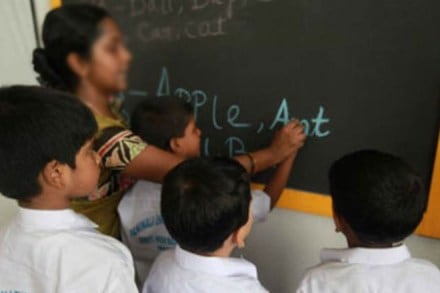Teacher recruitment in India: The National Education Policy 2020 released on Wednesday will aim for robust teacher recruitment and career path. The Union Cabinet today approved the new policy which has proposed several changes to change the face of education in India. As per the new policy, teachers will be recruited through robust and transparent processes. The promotions of teachers will be based on merit and there will a mechanism for multi-source periodic performance appraisals and available progression paths to become educational administrators or teacher educators.
The National Council for Teacher Education will develop a common National Professional Standards for Teachers (NPST) by 2022. The will be done in consultation with NCERT, SCERTs, teachers and expert organizations from across levels and regions.
The National Education Policy 2020 also says that a new and comprehensive National Curriculum Framework for Teacher Education, NCFTE 2021, will be formulated by the NCTE in consultation with NCERT.
Compulsory integrated BEd
By the year 2030, the minimum degree qualification for teaching will be a 4-year integrated B.Ed. degree. An official release of the government today said that stringent action will be taken against substandard stand-alone Teacher Education Institutions (TEIs).
“A new and comprehensive National Curriculum Framework for Teacher Education, NCFTE 2021, will be formulated by the NCTE in consultation with NCERT. By 2030, the minimum degree qualification for teaching will be a 4-year integrated B.Ed. degree. Stringent action will be taken against substandard stand-alone Teacher Education Institutions (TEIs,” the release said.
The government will also aim for “Appropriate integration of technology into all levels of education will be done to improve classroom processes, support teacher professional development, enhance educational access for disadvantaged groups and streamline educational planning, administration and management.”
The new policy says that schools can be organized into complexes or clusters which will be the basic unit of governance. This will “ensure availability of all resources including infrastructure, academic libraries and a strong professional teacher community.”
